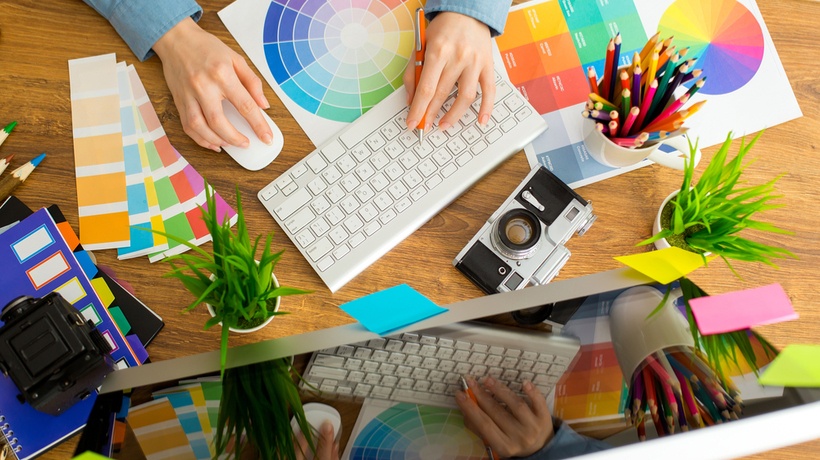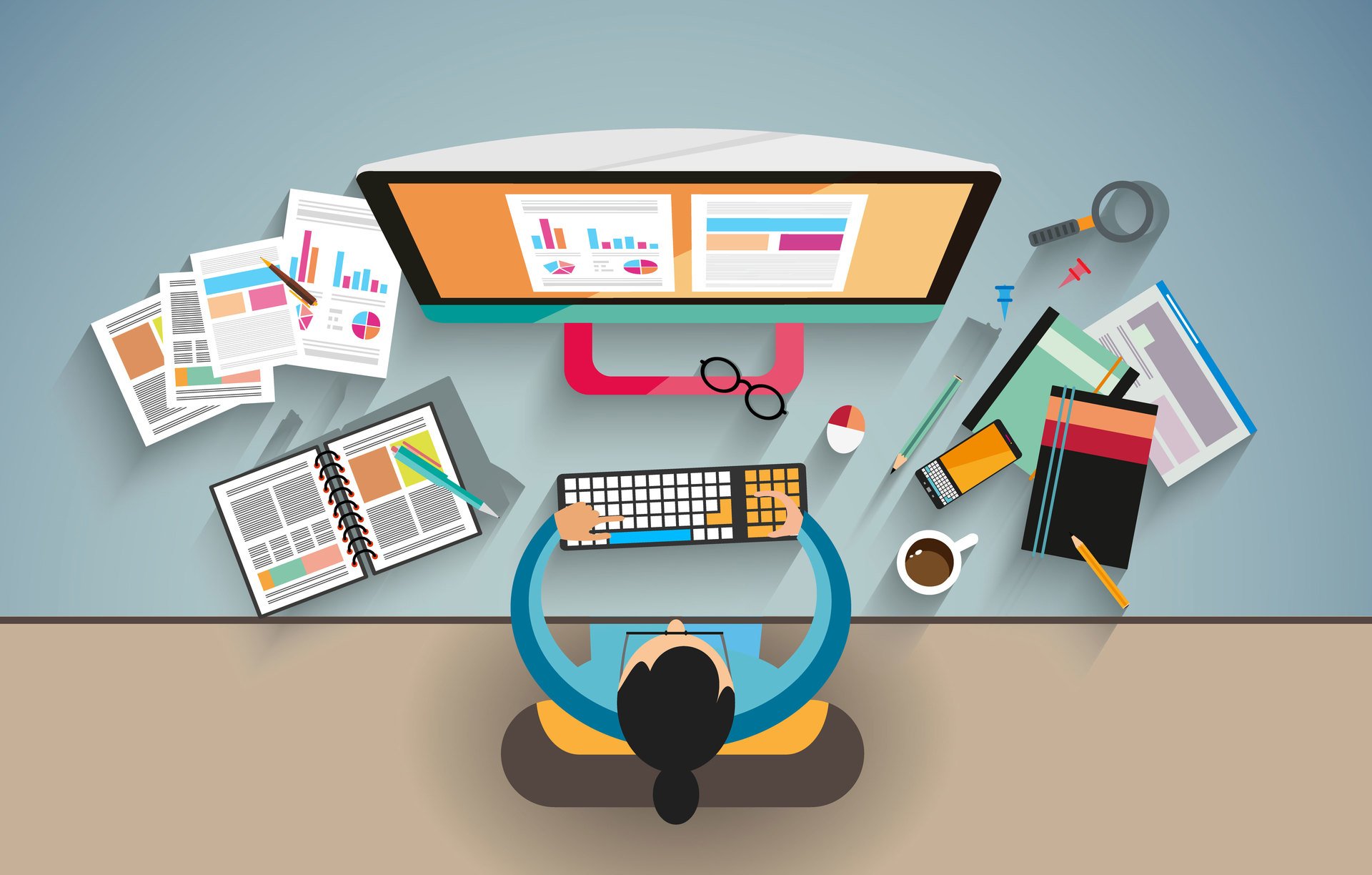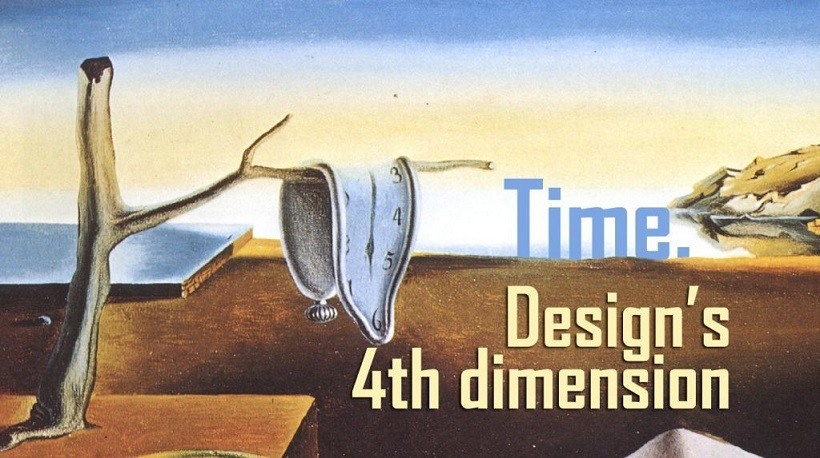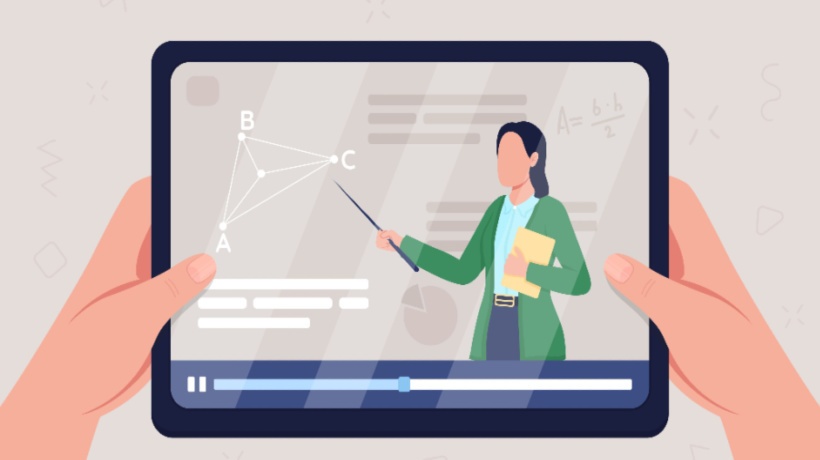Textures In Graphic Design? Let’s Have A Look
Graphic design is customized to deliver a message with an intention of grabbing the viewer’s interest. When used in graphic design, texture refers to the sense of feeling, touching, and actualization.
The texture is a characteristic component of graphic design that uplifts the presence of other visual elements like patterns, colors, illustrations, content, and more. You cannot compromise with the quality of texture and create a visually-appealing and symbolic graphic design.
What Does Texture Do In Graphic Design?
The role of texture in graphic design is to:
1. Catch Everyone’s Eye
Don’t overdo it with the use of textures in your graphic design. Alongside presenting a meaningful message to customers, graphic design highlights the personality of a website and delivers an immersive experience to the viewers.
2. Create Visual Illusions
Once you take a glimpse of a perfectly textured graphic design, you can feel its physical liveliness with a sense of stimulation and sensation.
3. Extract Emotional Response
A nice graphic design attracts viewers and provides them with a sense of realism. Layers of texts, repeated patterns, lines, and structures will definitely go well with the appropriate use of texture in graphic design.
4. Focus On Identity
Websites are customized to showcase a well-defined content along with a perfect match of all graphic elements. Your graphic design describes your brand identity and sends out a specific message to your audience.
7 Tips To Have In Mind Before Creating Impressive Graphic Design
Surely, you will find it interesting to work with different types of texture in order to create an impressive graphic design on your own. Here are a few tricks you must consider so that you can bring out the best use of texture and create impactful graphic design:
1. Go Natural And Use Organic Texture To Render A Classic Look
Organic textures circumscribe a feel of nature and are trending, as well. You should use nature-based textures if you want to refresh your viewers' minds with colorful graphics on a wider screen.
This way, you bring the natural world on a digital platform using vivid varieties of natural textures that may influence customers to dive deep into your creativity and follow their imagination.
2. Use Artistic Textures To Experiment With New Ideas
You can take inspiration from artificial patterns, if natural textures are not ideal as per your business goals. No doubt artistic textures can be created, and that’s what you actually need for graphic design. You must take advantage of the modern arts, crafts, traditional patterns, or designs on many artistic items and combine them with your own graphic design in a form of texture.
The trick is that you can take advantage of technology or software for 3D visualization to render an appealing touch to a contemporary graphic design.
Remember one more thing; the combination of artificial texture with contrasting fonts, logo, text, or any visual element will bring a vital factor to your graphic design.
3. Mixing Up Is A Good Attempt
You are surrounded by innumerable objects that can be picturized in a form of texture and you can simply mix them together to get a gorgeous graphic design.
Try to combine textured designs as a background, along with 1 or 2 visual elements, in a sophisticated manner. Choosing immersive artwork will do justice to the textured graphics, and this is the favorable idea; you do want to adorn your graphic design with suitable visual elements.
4. Be Motivated By Photography
You get inspiration from photographers who choose certain moments to capture forever. Photography can be used to stun your customers accompanied with fascinating graphic design, which is accentuated with impeccable textures.
Using perfect photographs will amaze the viewers, who will spend some time for a brief look at it. Use textual elements to highlight your message or brand portrayed on a textured background and choose the color that goes well with your captivating photograph.
5. Make It Multi-Dimensional
Want to use your technical skills in graphic design? Of course, you can do so just by using texture in a distinctive manner. You can transform a simple and static visual element into a wonderful graphic design with a pinch of a 3D effect.
Viewers will definitely feel the enthusiasm of experiencing a 3-dimensional picture of any graphic from various angles.
6. Remember That "Loading Time Never Dominates Over Quality"
You need to keep a balance between quality and responsiveness or loading time of a website when you are using textures for its graphic design. Ignoring high-quality textures for your graphic design can be a huge mistake, even if your website loads quickly, since it will look dull and outdated in the absence of appealing graphic design.
Use repeated textures as a background, and maintain the quality along with a faster page-loading speed.
7. Design Software You Can Use
Whether you want to blend the layers of texture or combine them intricately, the final decision is on you. You can use Photoshop to perform this task and immerse multiple textures to get eye-catching results.
Summing It Up!
When it comes to using texture, several opportunities are there to render tantalizing effects to a graphic design so that it can evoke viewers once introduced in the market. Along with diverse shapes, patterns, colorful designs, texts, lines, logos, and other visual elements, the texture will be "the icing on a cake" for your graphic design.








